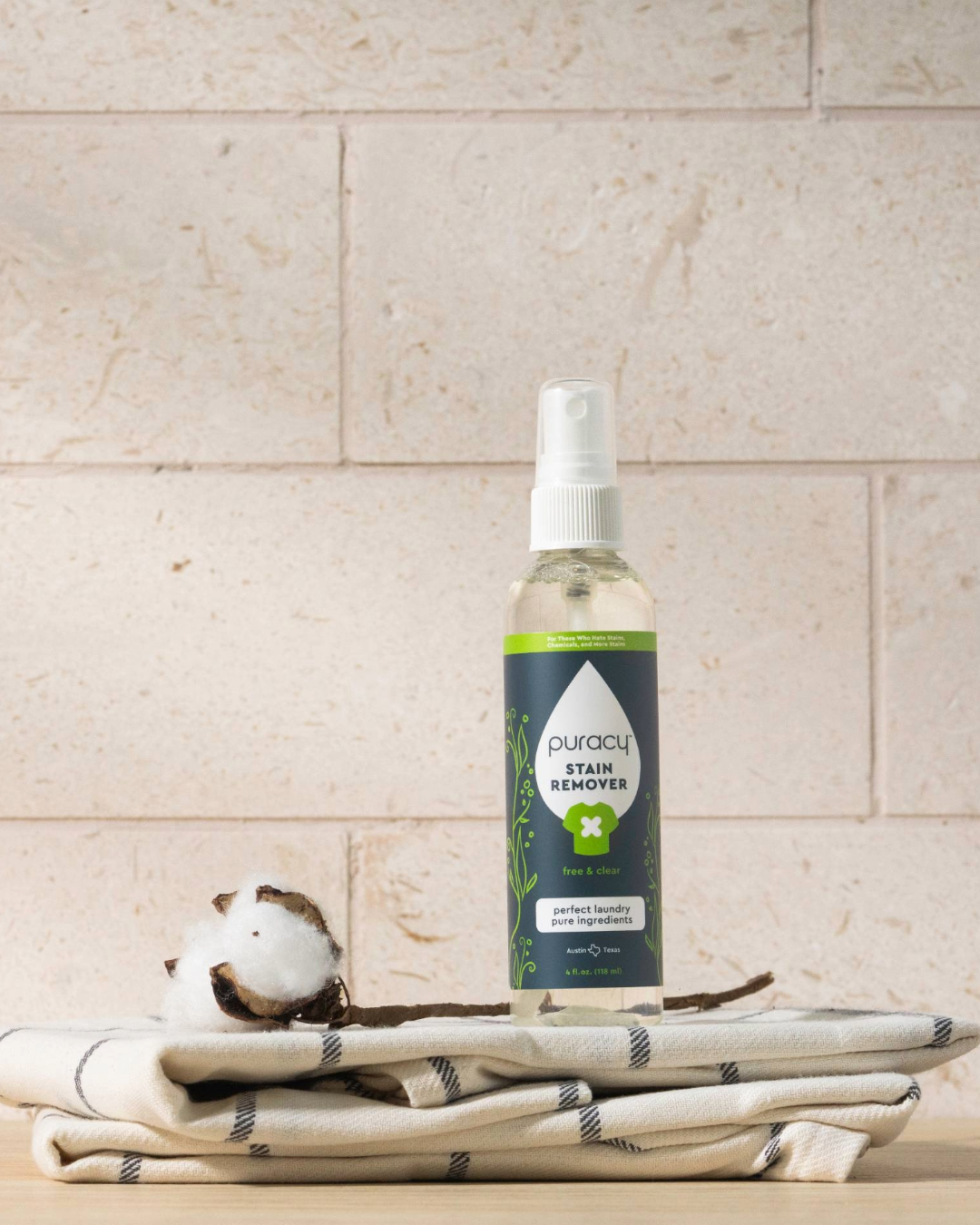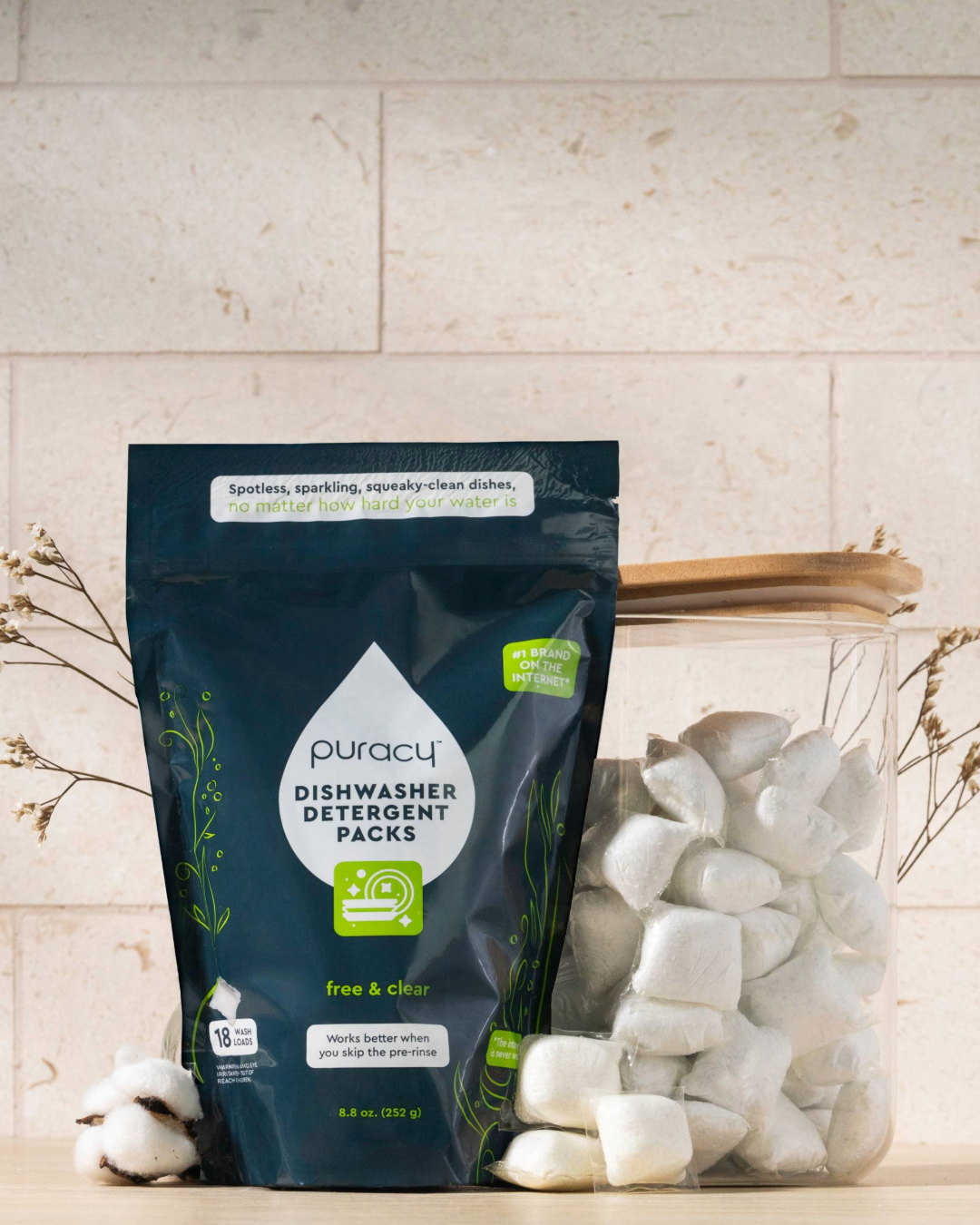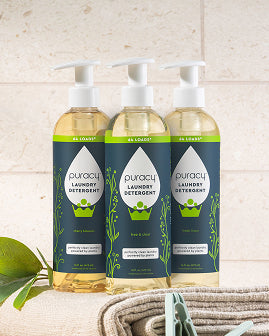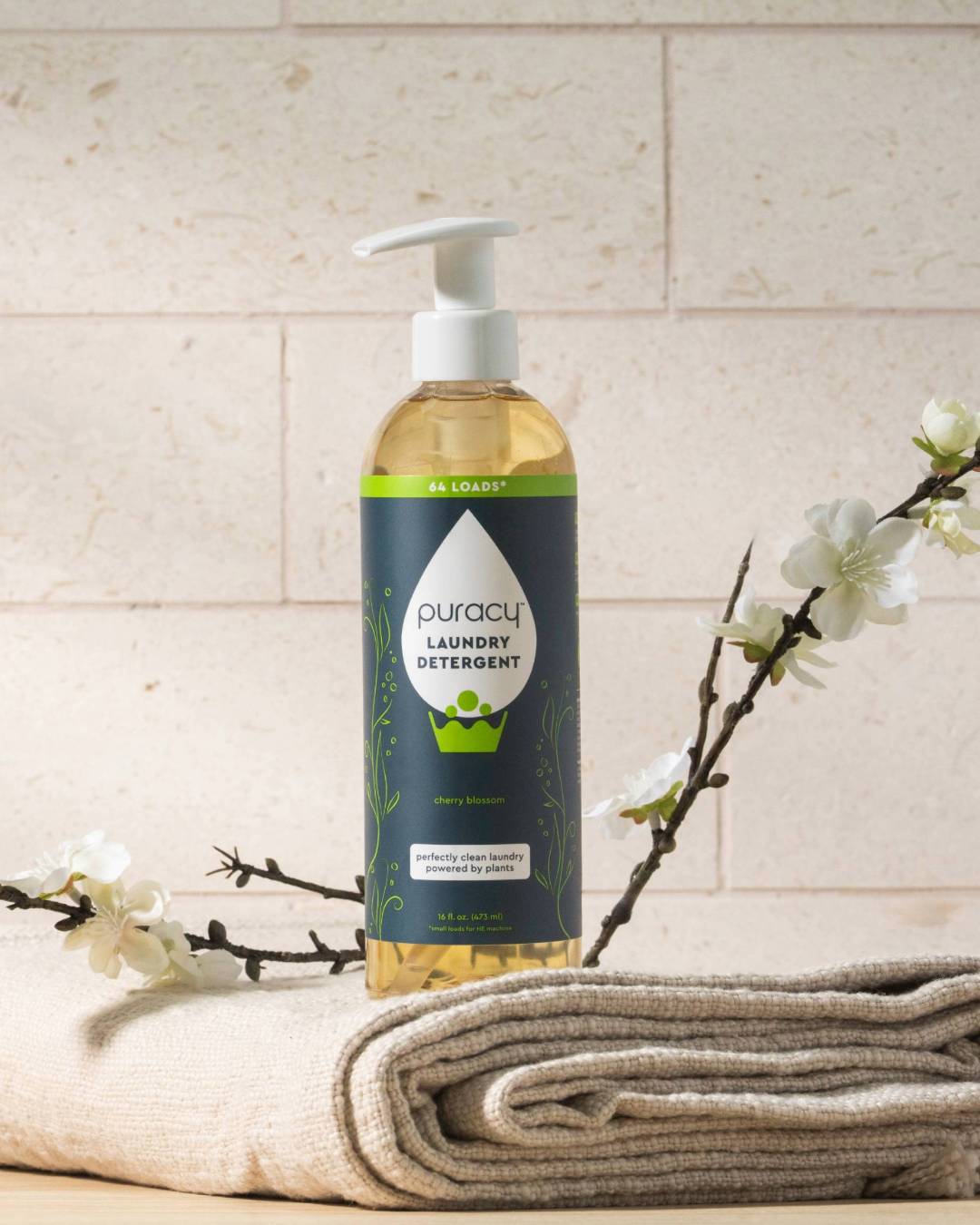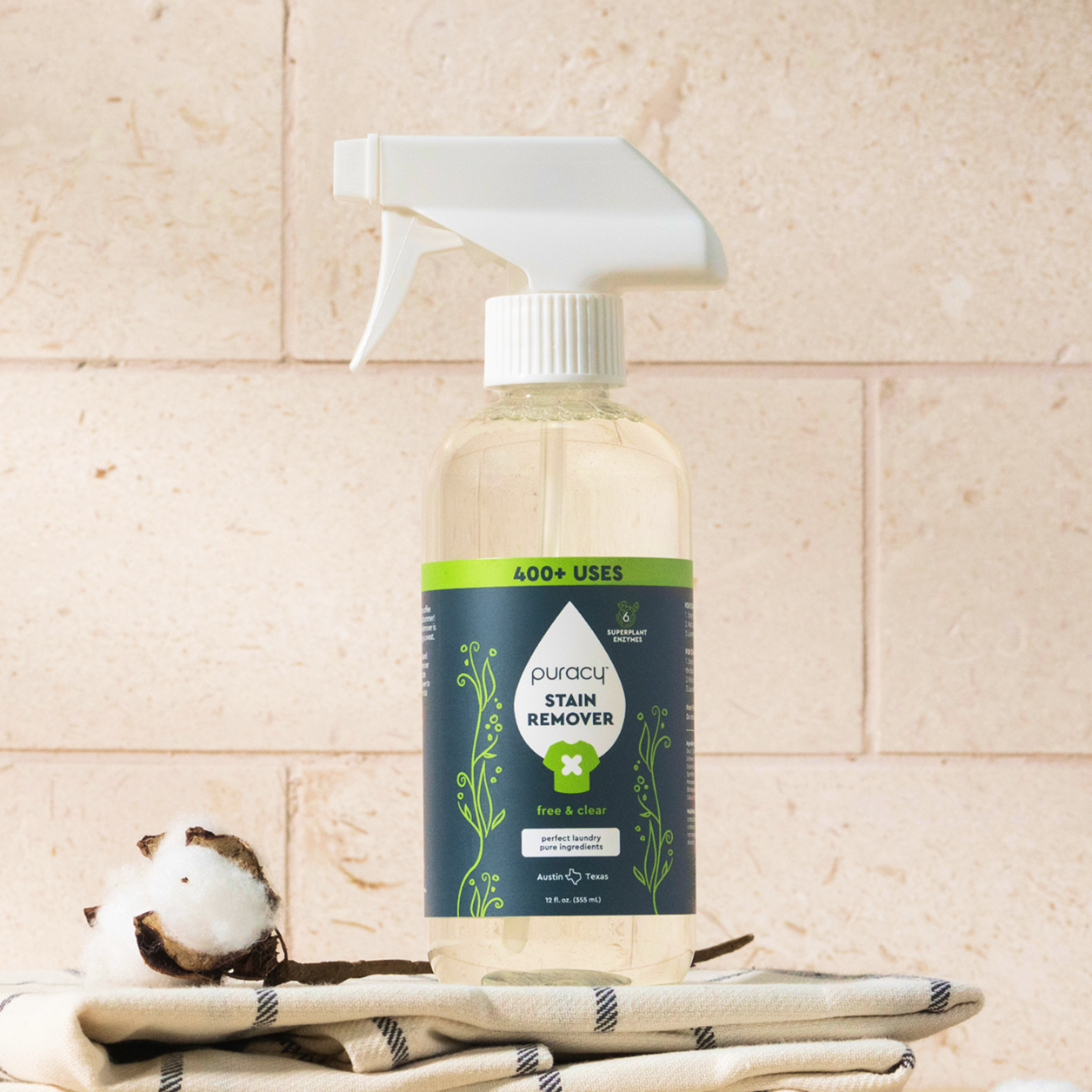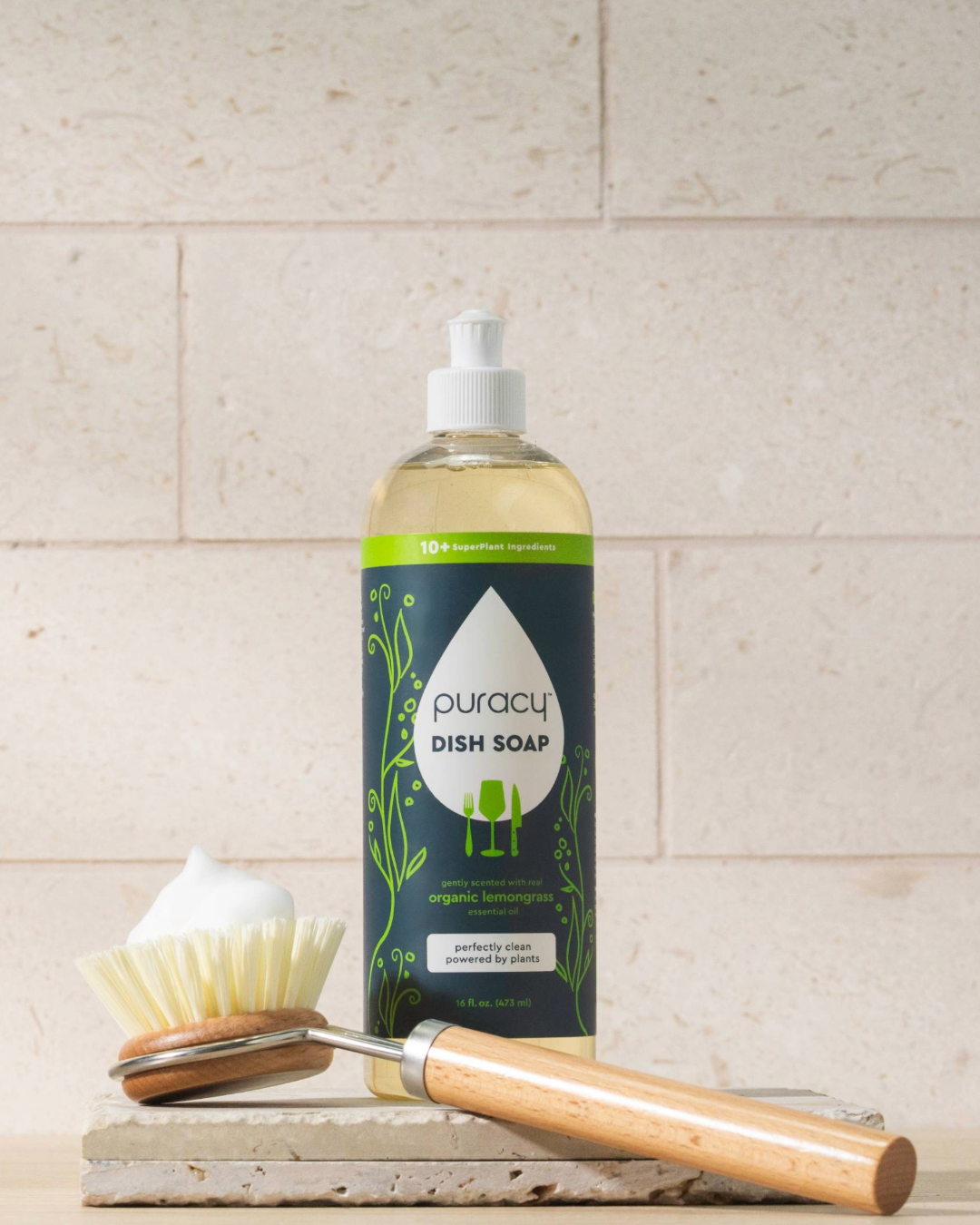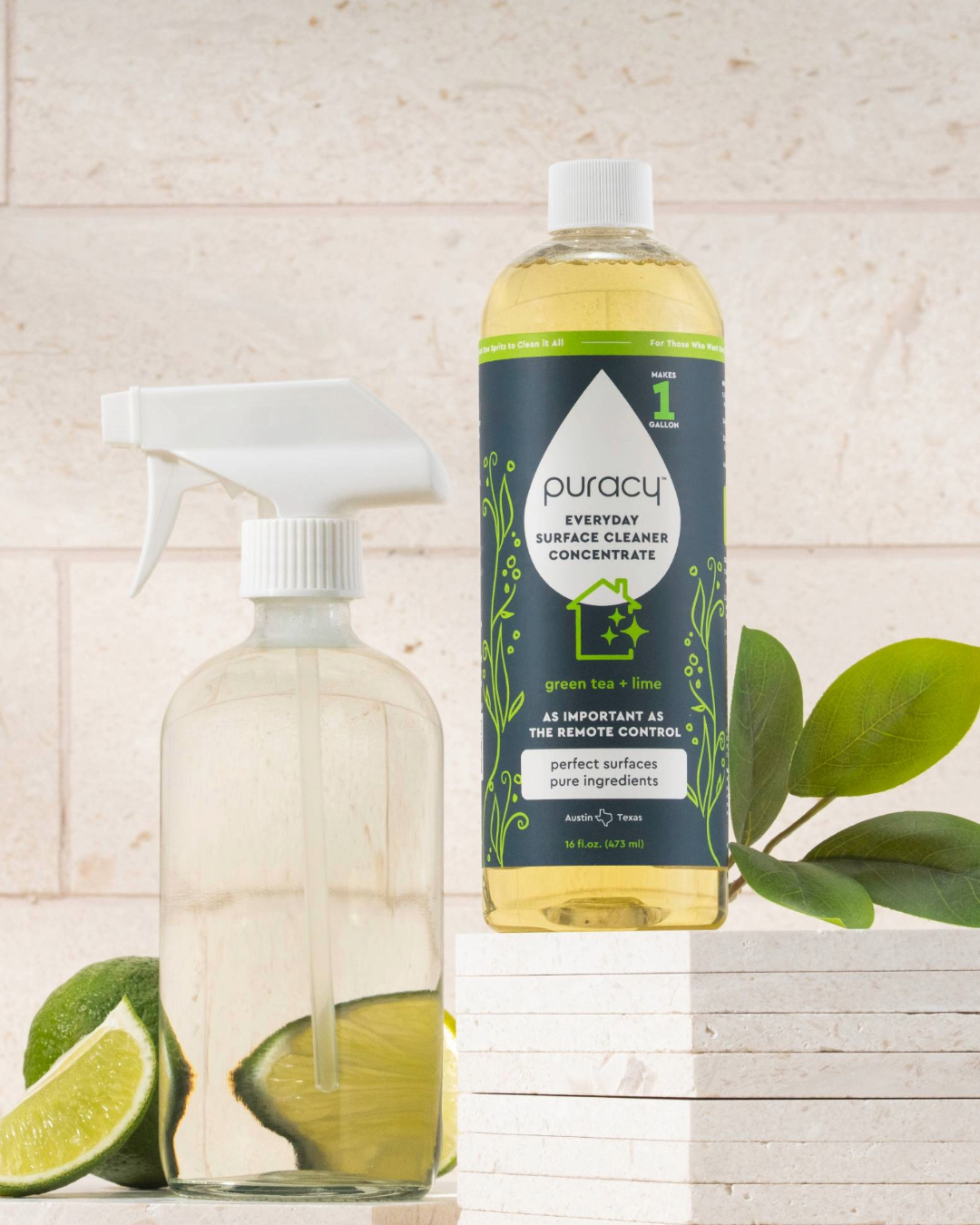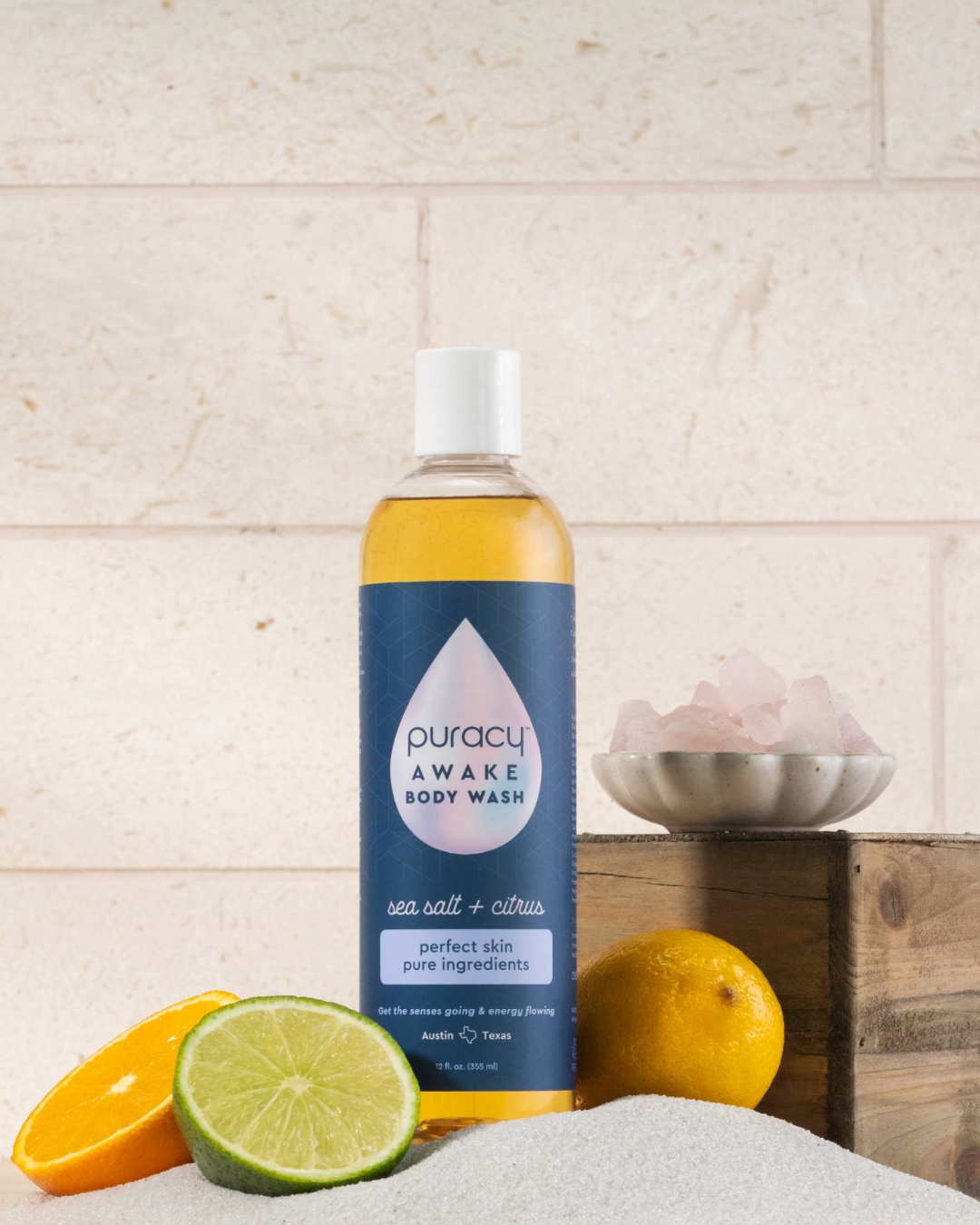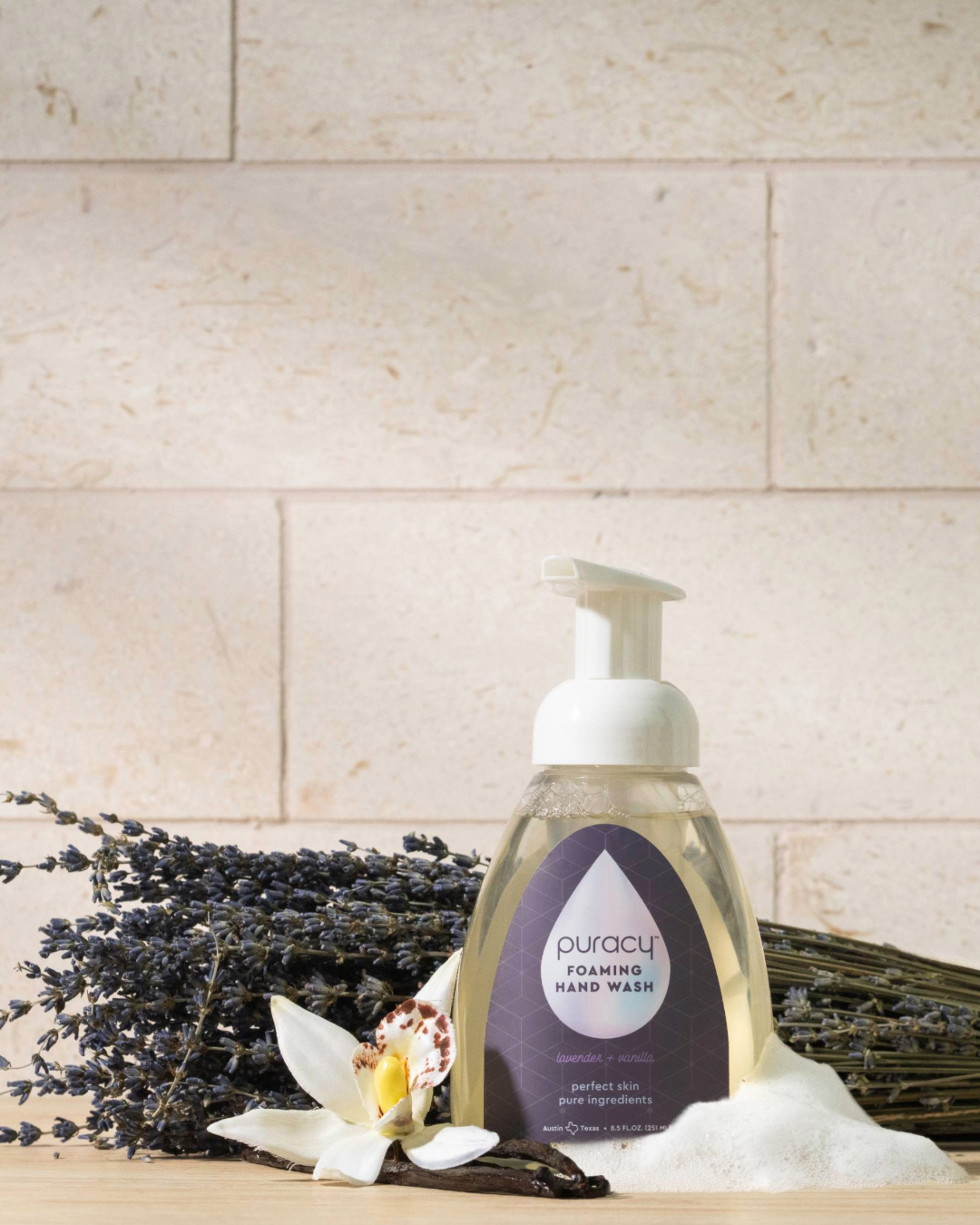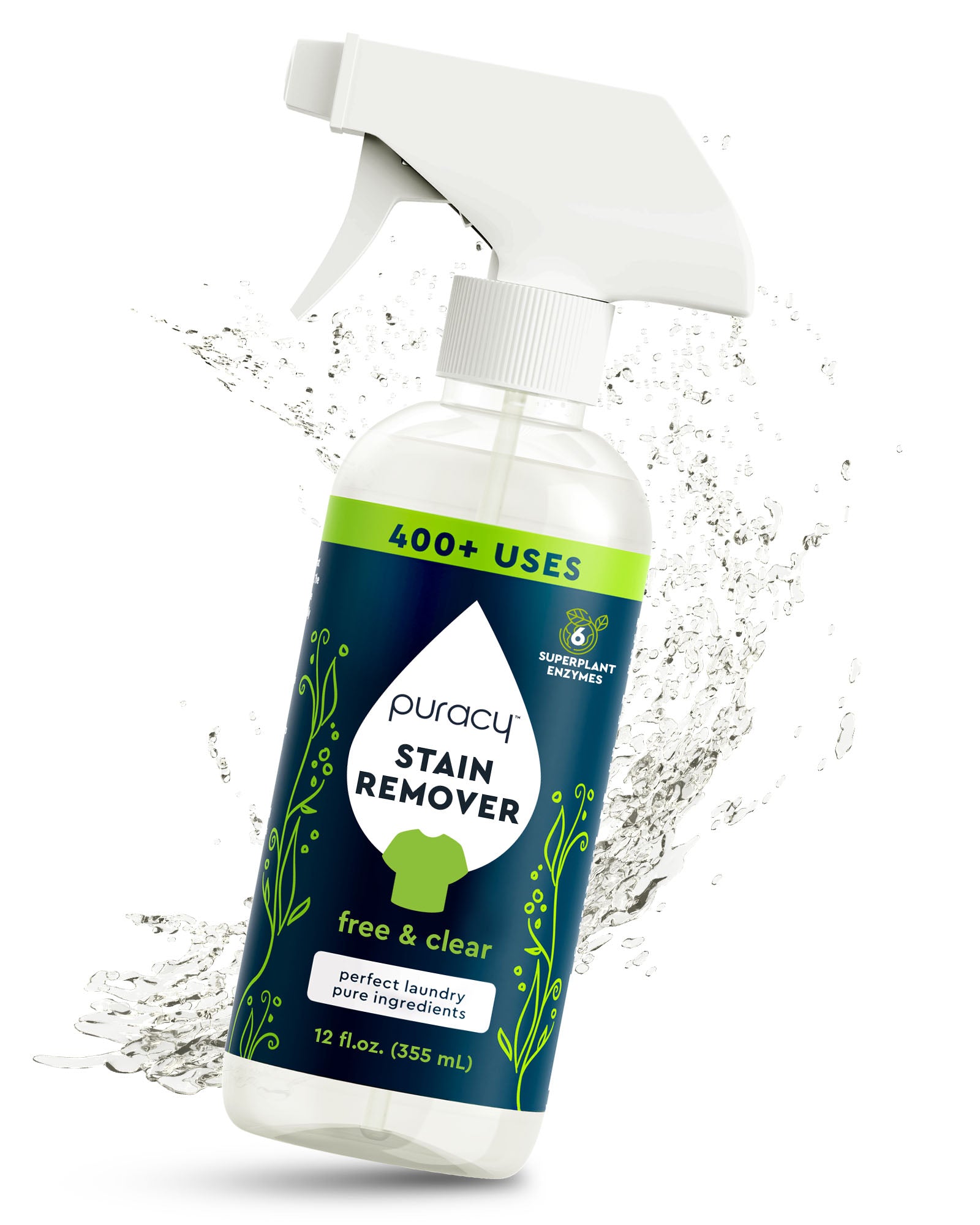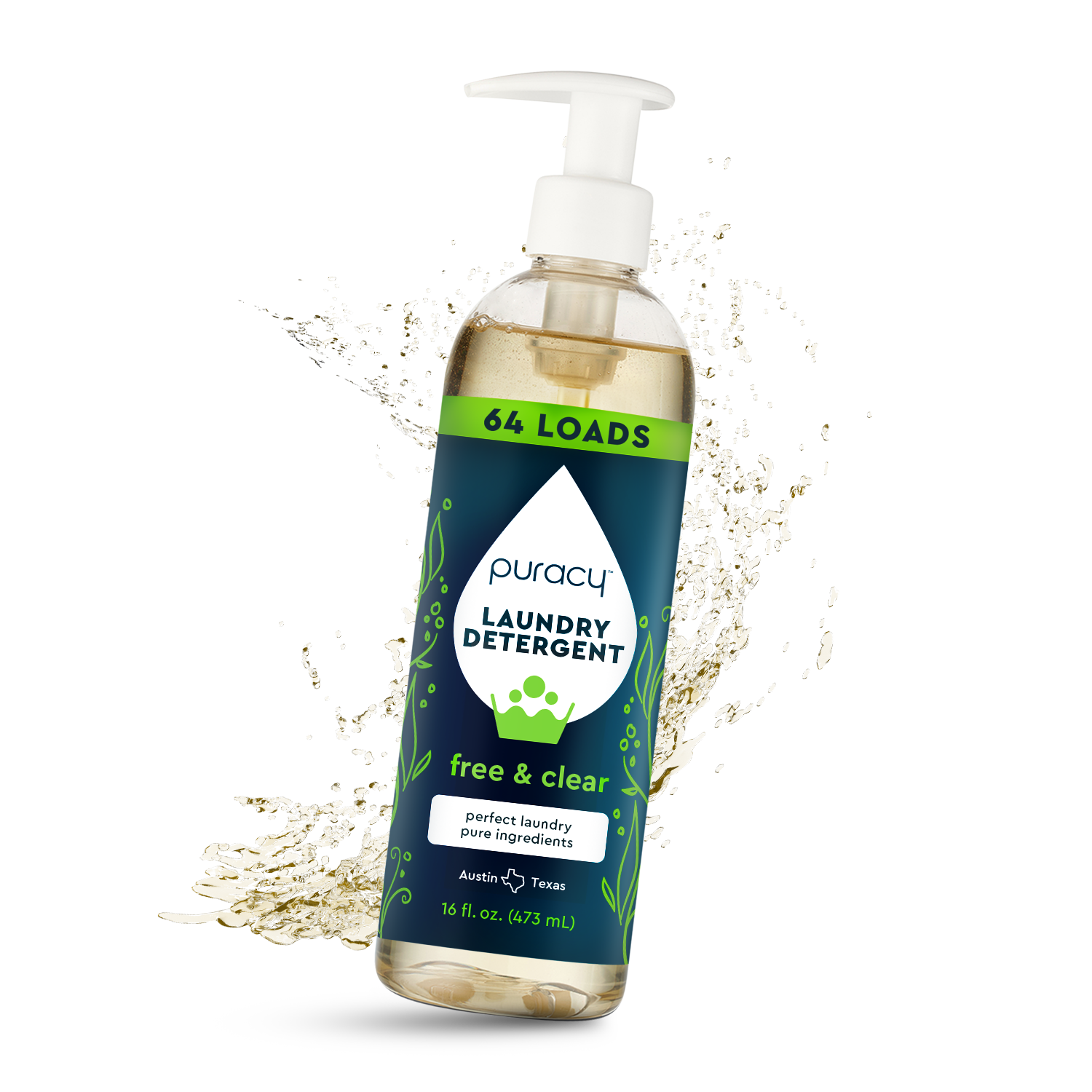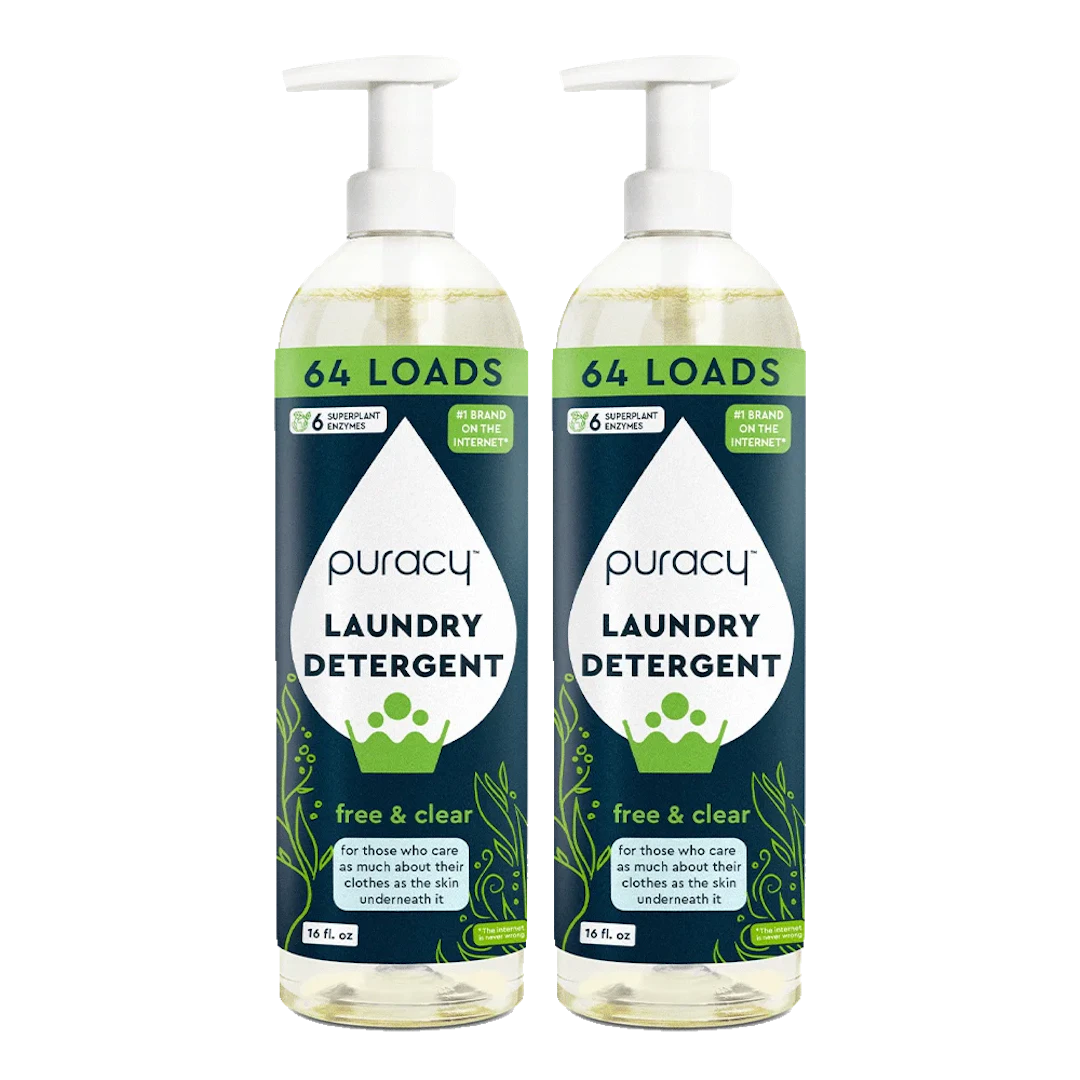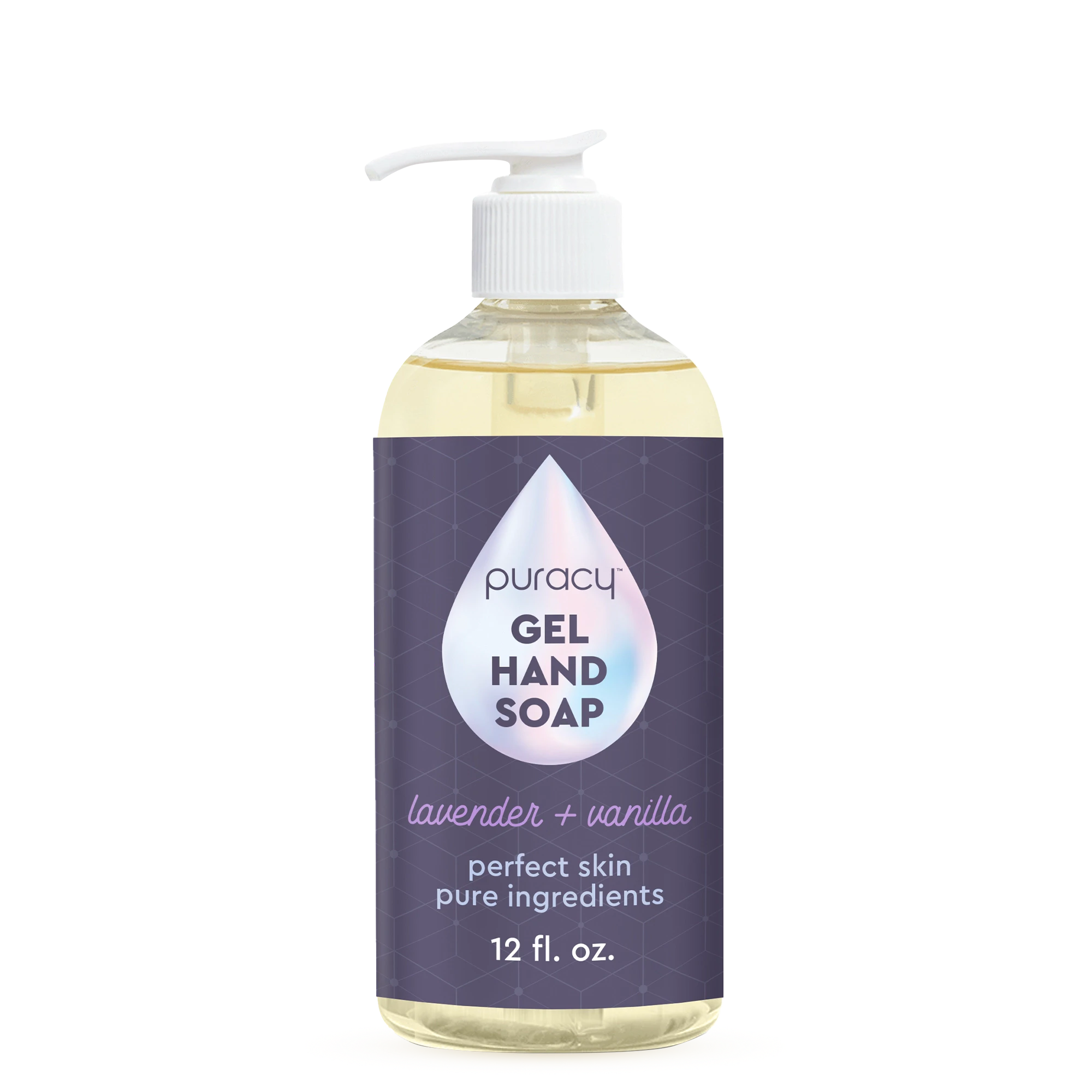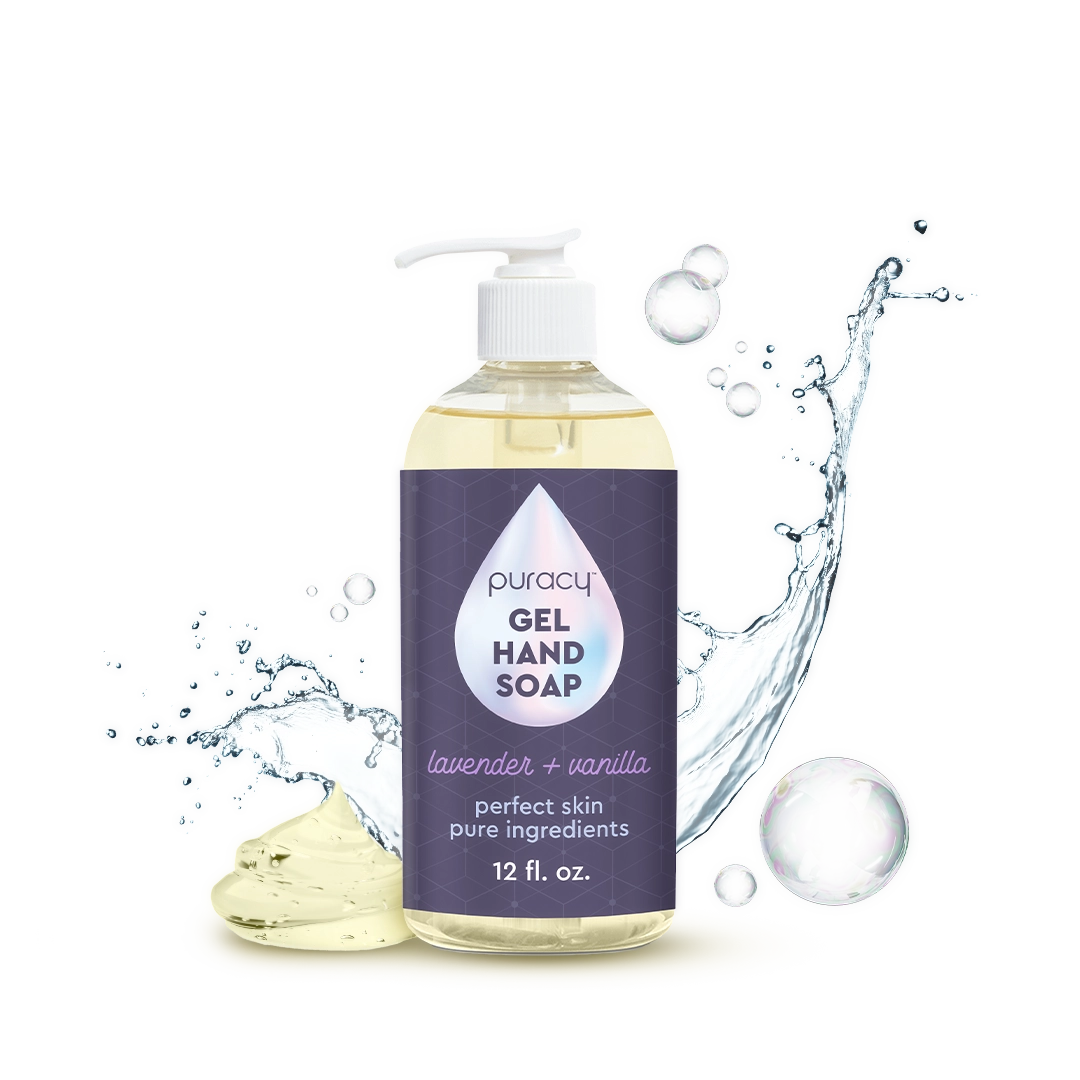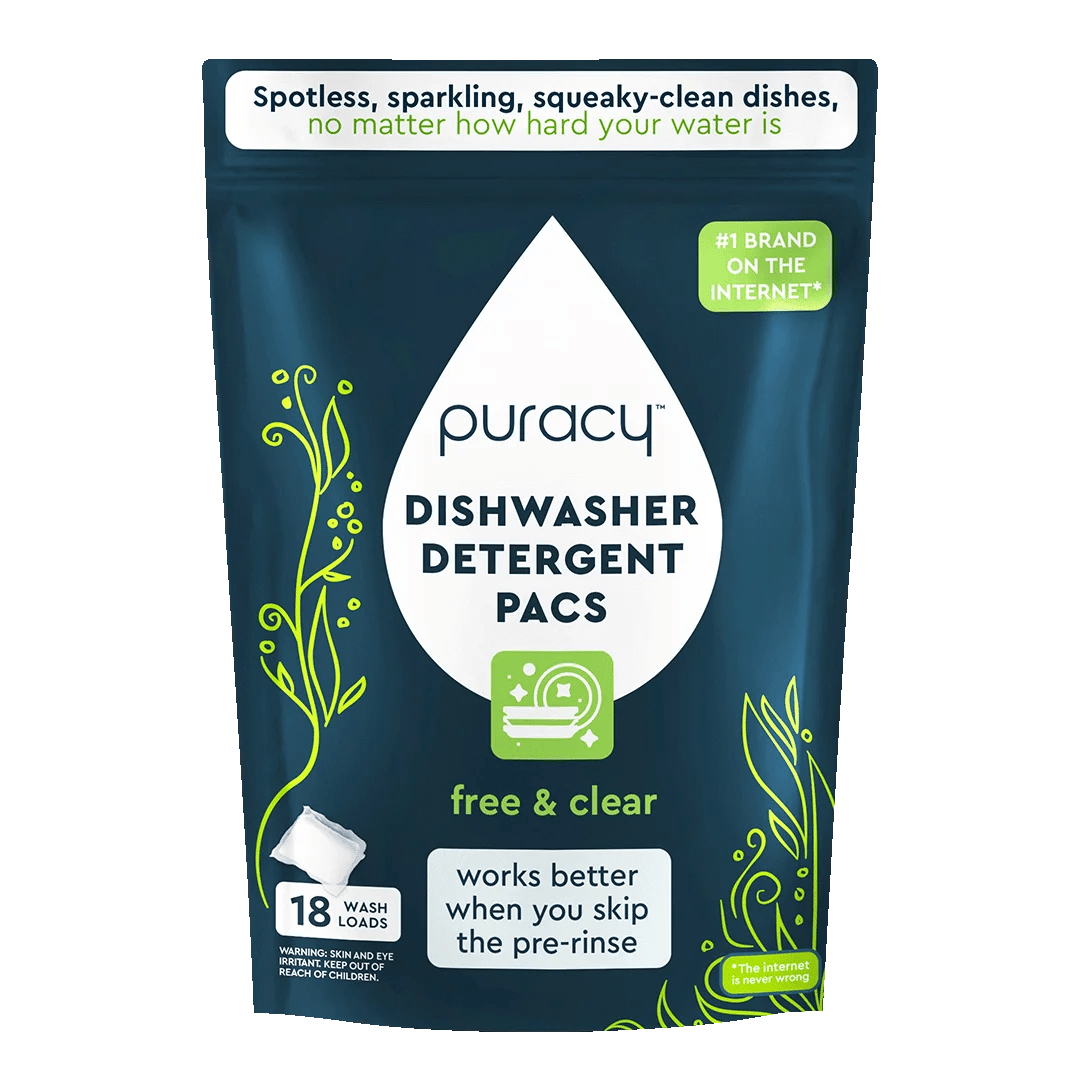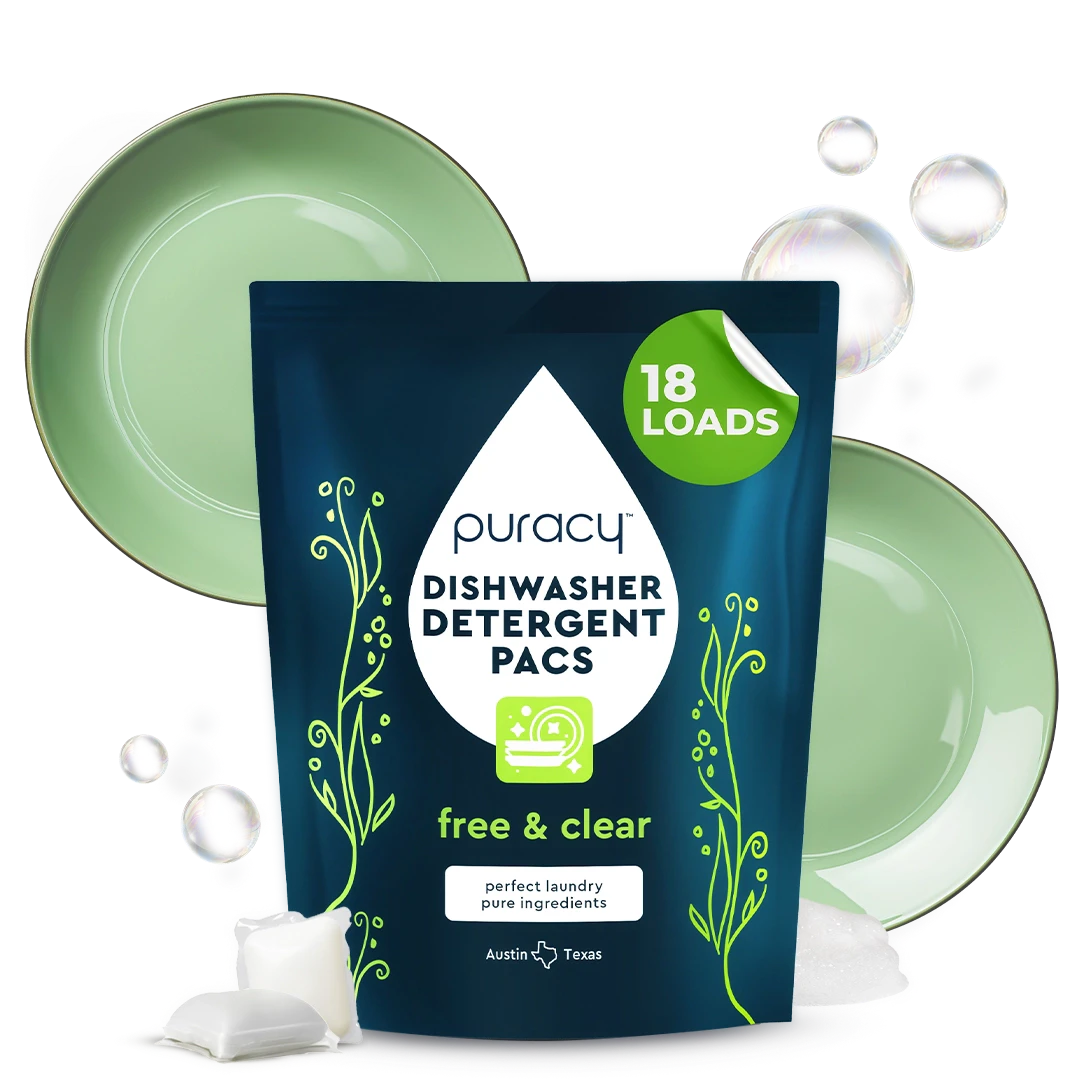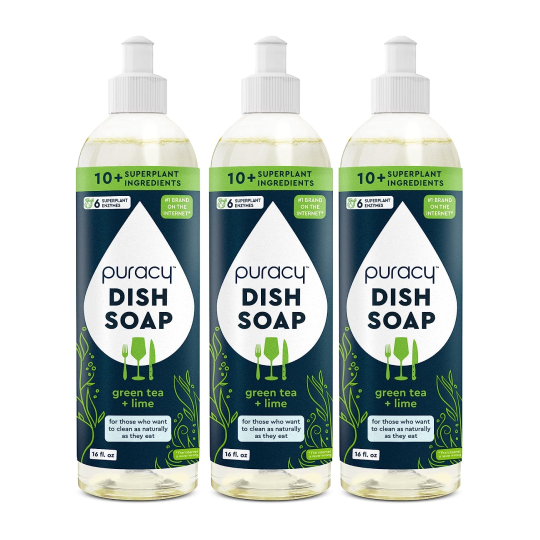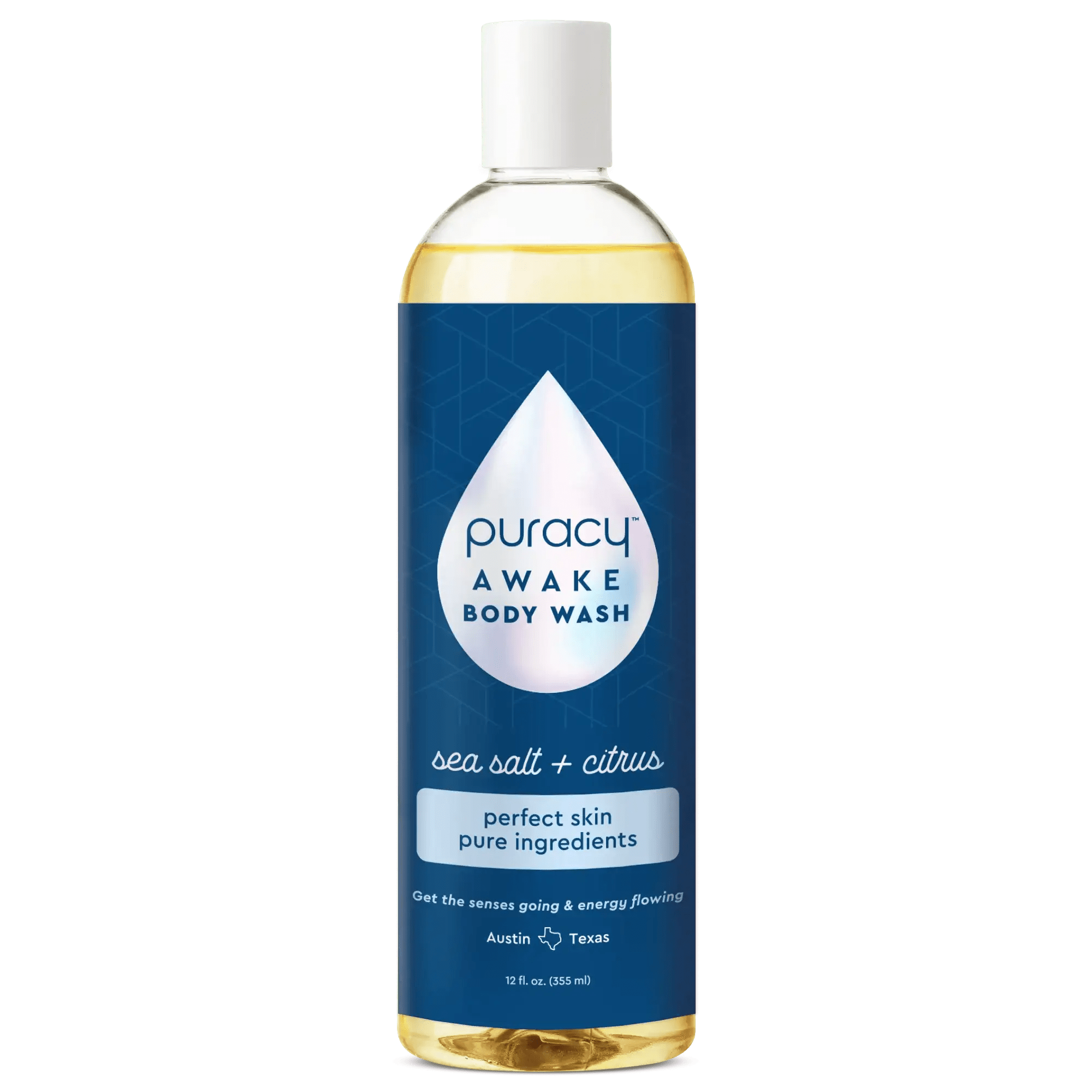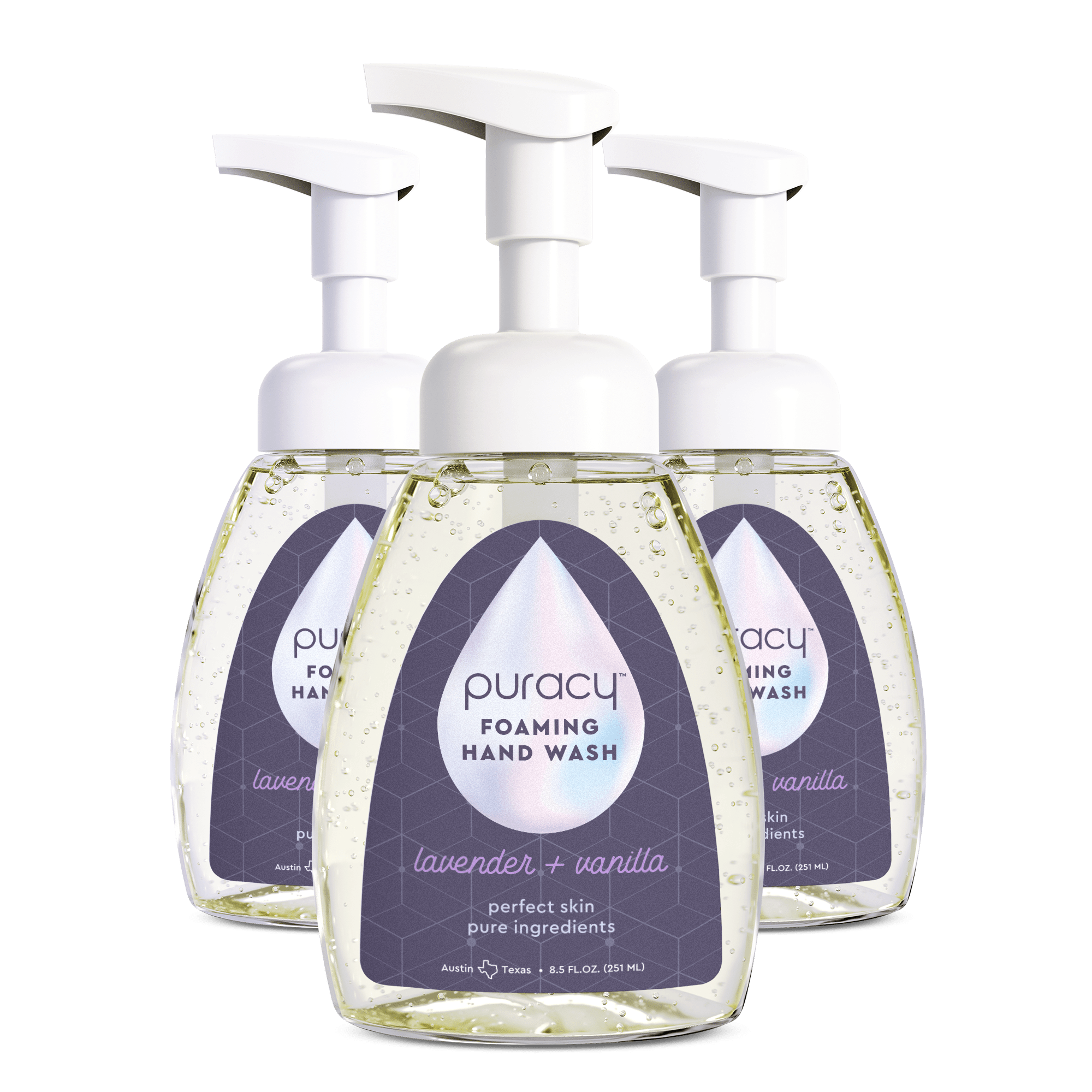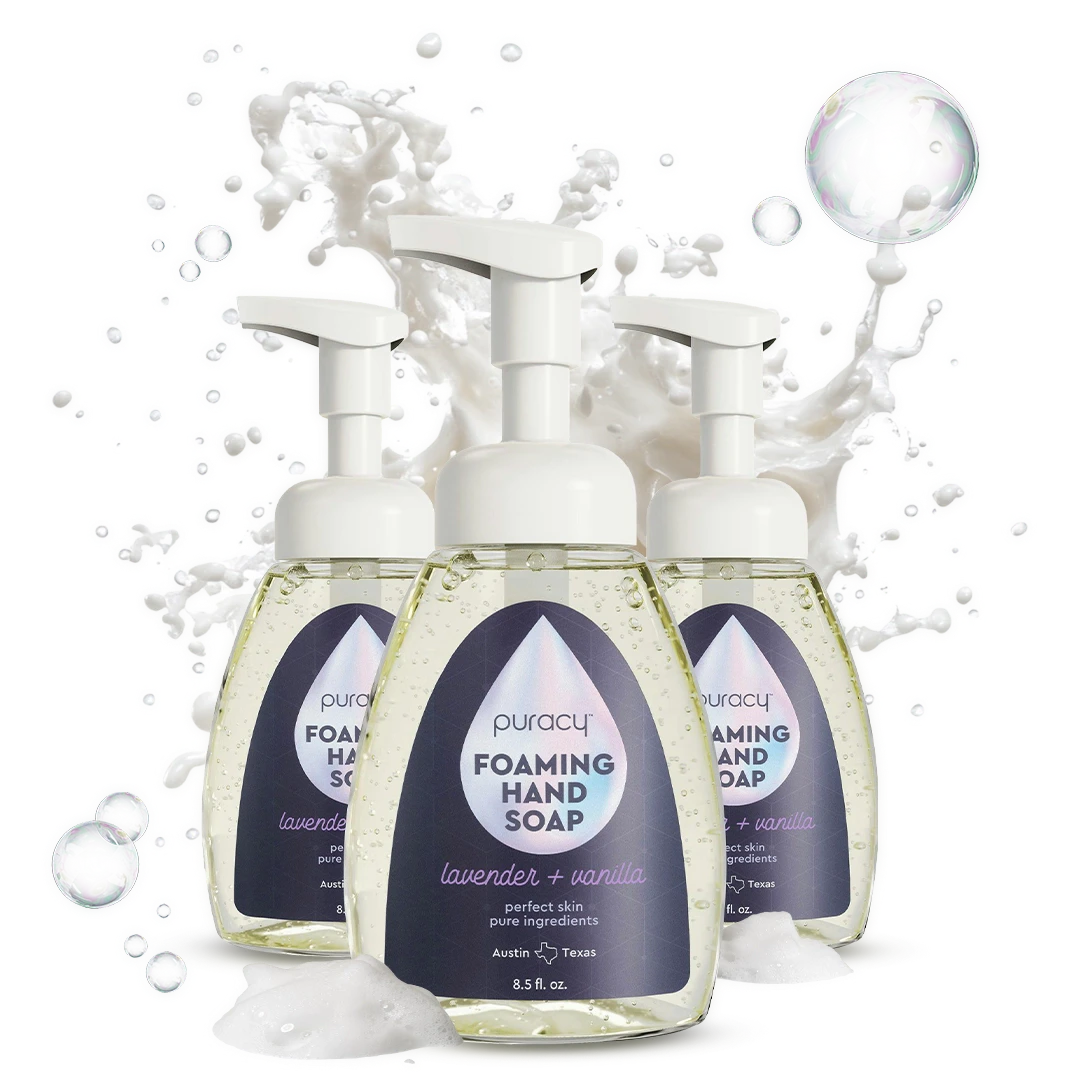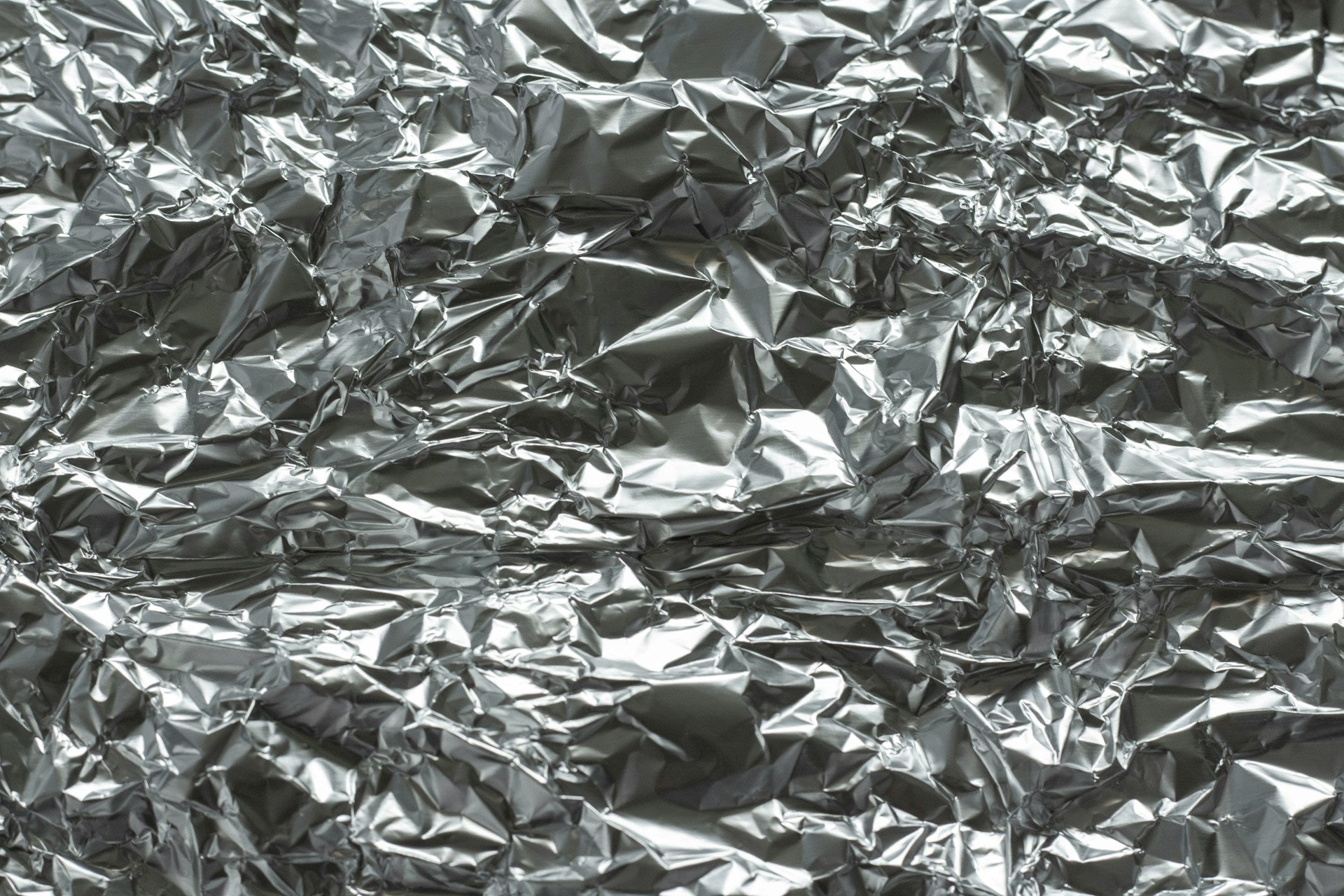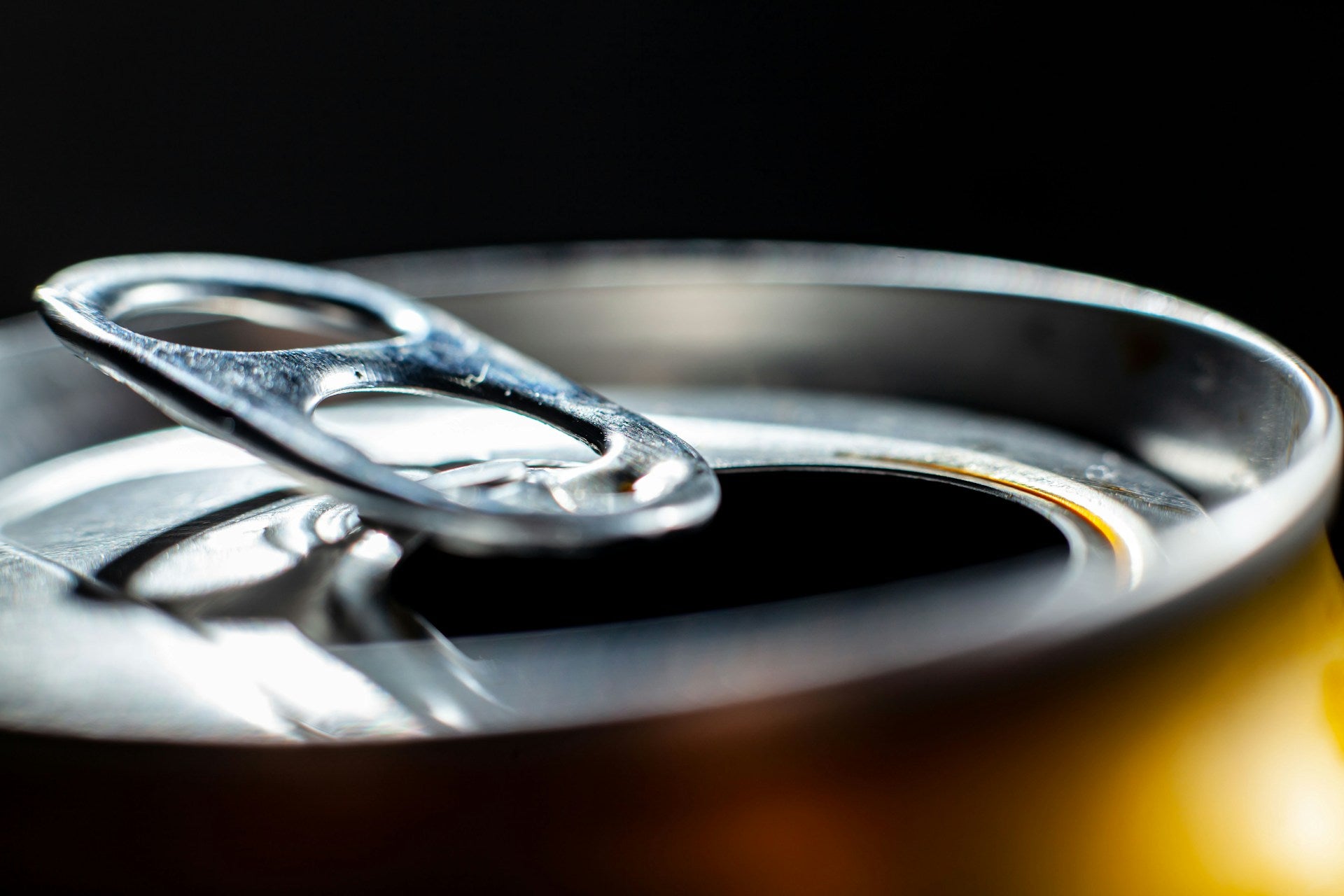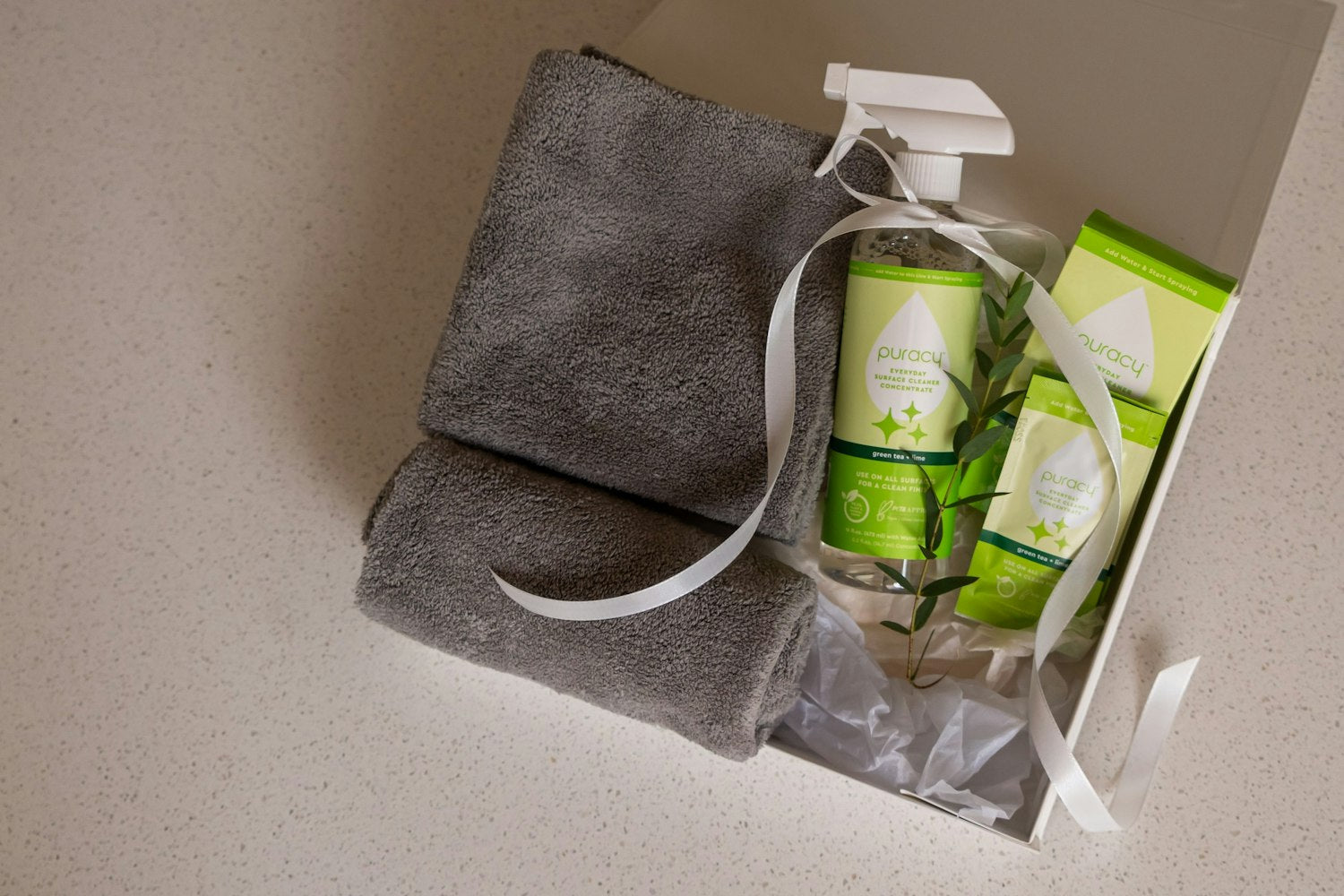
How to Create a Zero-Waste Cleaning Kit
A zero-waste cleaning kit works as hard as you do, minus the toxins, minus the waste. Let’s dive into how you can create your very own eco-friendly cleaning toolkit—no compromise on performance, all the love for our planet.
1. Start with Reusable Containers—Ditch the Plastic

Okay, first things first. Say goodbye to those single-use plastic bottles. I know, they’re everywhere, but it’s time to part ways. Instead, invest in reusable glass or aluminum spray bottles. Why? Because they last. Plus, they don’t leach harmful chemicals into your cleaning solutions the way some plastics do (especially if they sit in the sun). Glass is naturally non-toxic, while aluminum is lightweight, durable, and infinitely recyclable.
If you already have plastic containers, you can also reuse them as long as possible before switching to something more sustainable. It’s all about progress, not perfection.
2. Refillable Cleaning Solutions

Now that you’ve got your containers, let’s talk about what goes inside them. A zero-waste cleaning kit thrives on refillable products and concentrated formulas. All you need is water and, boom, you’ve got yourself a powerful cleaning spray without all the extra packaging waste.
Alternatively, you can go the DIY route. A mix of vinegar, water, and essential oils makes for a great all-purpose cleaner. Baking soda? A scrubber’s dream. These simple ingredients, which you probably already have in your pantry, are your new best friends.
3. Sustainable Cloths & Scrubbers: Swap the Paper Towels

Paper towels can add up to a lot of waste. Yikes. That’s why you’ll want to switch to reusable cleaning cloths. You can use old t-shirts, cut-up towels, or invest in some high-quality, durable microfiber cloths. These cloths last for ages, and they’re way more absorbent than paper towels. Win-win.
For scrubbing dishes or surfaces, opt for compostable sponges or brushes made from natural materials like wood and coconut fiber. They’re tough on grime but gentle on the planet. And when they’ve done their job, they break down naturally—no plastic scrubbers ending up in landfills.
4. Go Plastic-Free with Your Dish Soap

You’ve tackled surface cleaners, but what about dish soap? Here’s a trick: solid dish soap bars. Yes, they exist, and yes, they work just as well (if not better) than the liquid stuff in plastic bottles. You can pair these with a wooden dish brush, and you’re all set for some zero-waste dishwashing action.
If bars aren’t your thing, look for refillable liquid soaps that come in bulk or eco-friendly packaging.
5. Concentrated Laundry Detergent

The laundry room—often an overlooked battlefield in the war against plastic. Traditional laundry detergents are packed in bulky plastic containers that clog up landfills. But here’s your zero-waste secret: concentrated laundry detergent. This formula means you only need a little bit of detergent to go a long way.
6. The Power of Multipurpose Cleaners

Instead of cluttering your cabinet with a separate cleaner for every surface imaginable, choose or make a multipurpose cleaner that works for most areas of your home. One all-purpose spray can tackle countertops, sinks, even floors—eliminating the need for multiple bottles and reducing the overall waste you produce.
Consider essential oils like lemon, tea tree, or lavender for natural antibacterial properties, combined with ingredients like vinegar or castile soap for a powerhouse cleaner that’s safe enough to use around the kiddos but strong enough to tackle dirt and grime.
7. Ditch the Disposable Mop Pads

Instead, invest in a reusable mop with washable pads. Many options on the market allow you to swap out the dirty pad, toss it in the laundry, and reuse it over and over again. It’s another small swap that makes a big difference over time—no more throwing away a pile of cleaning pads after mopping the floor.
8. Composting Your Cleaning Waste

Even the best zero-waste cleaning kit will generate some waste, but you can minimize the impact by composting certain items. Compostable sponges, natural fiber cloths, and even some cleaning product packaging can break down in your compost bin. If you have a garden or even just a small outdoor space, composting is a great way to close the loop, turning waste into nutrient-rich soil.
